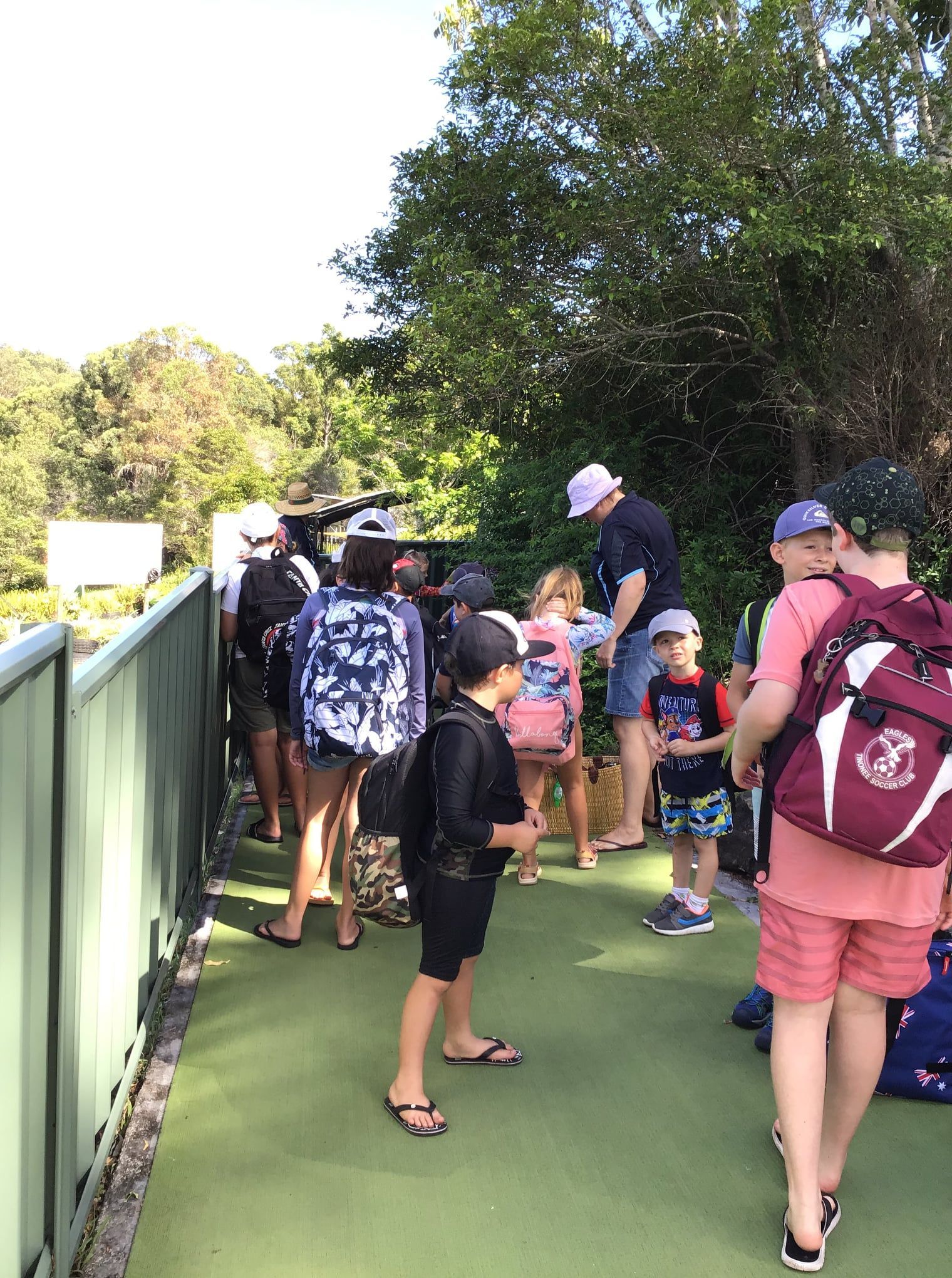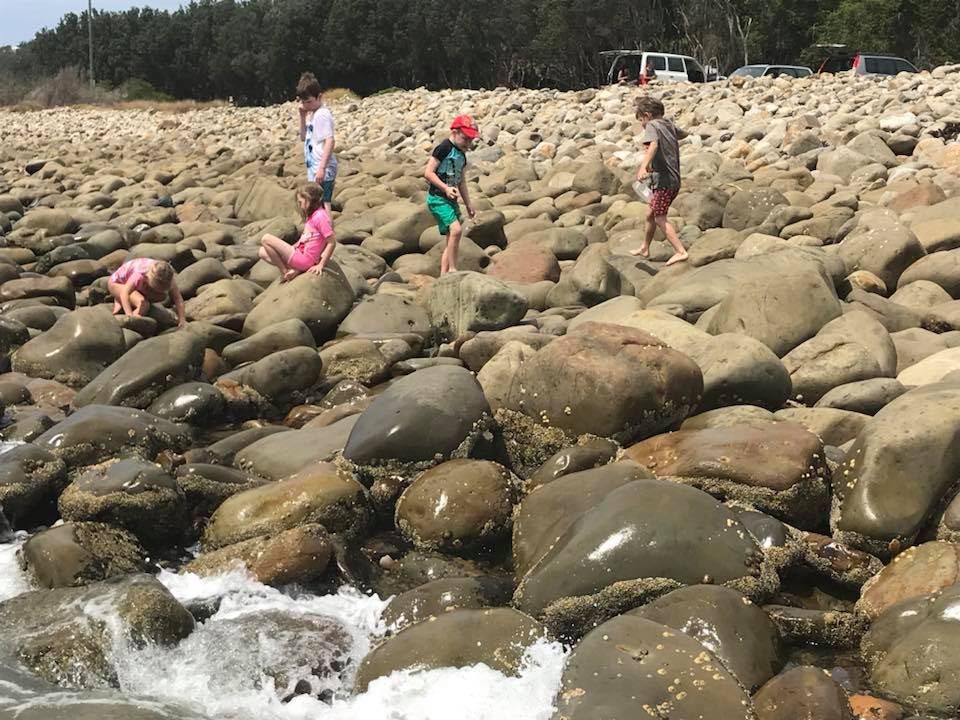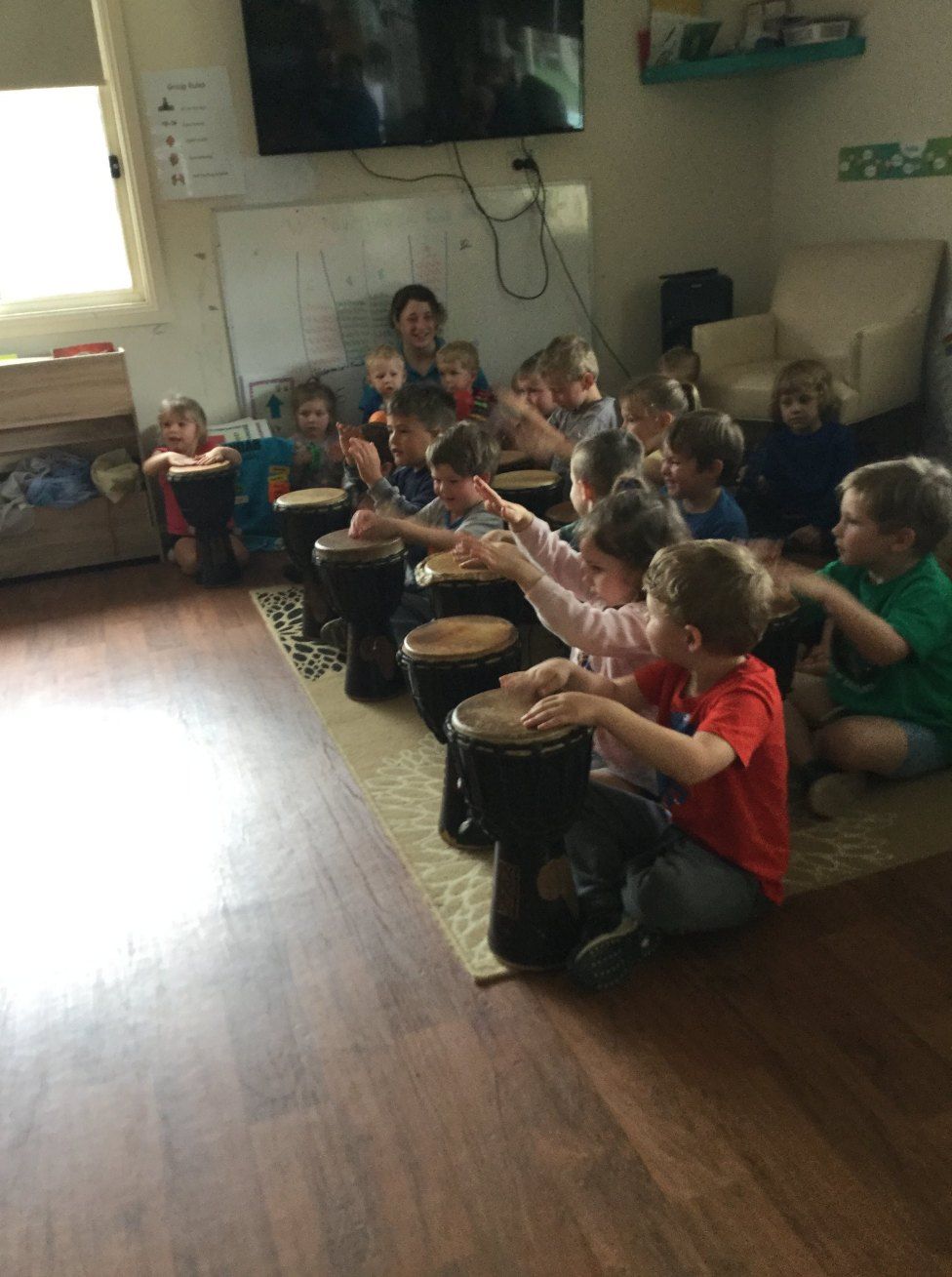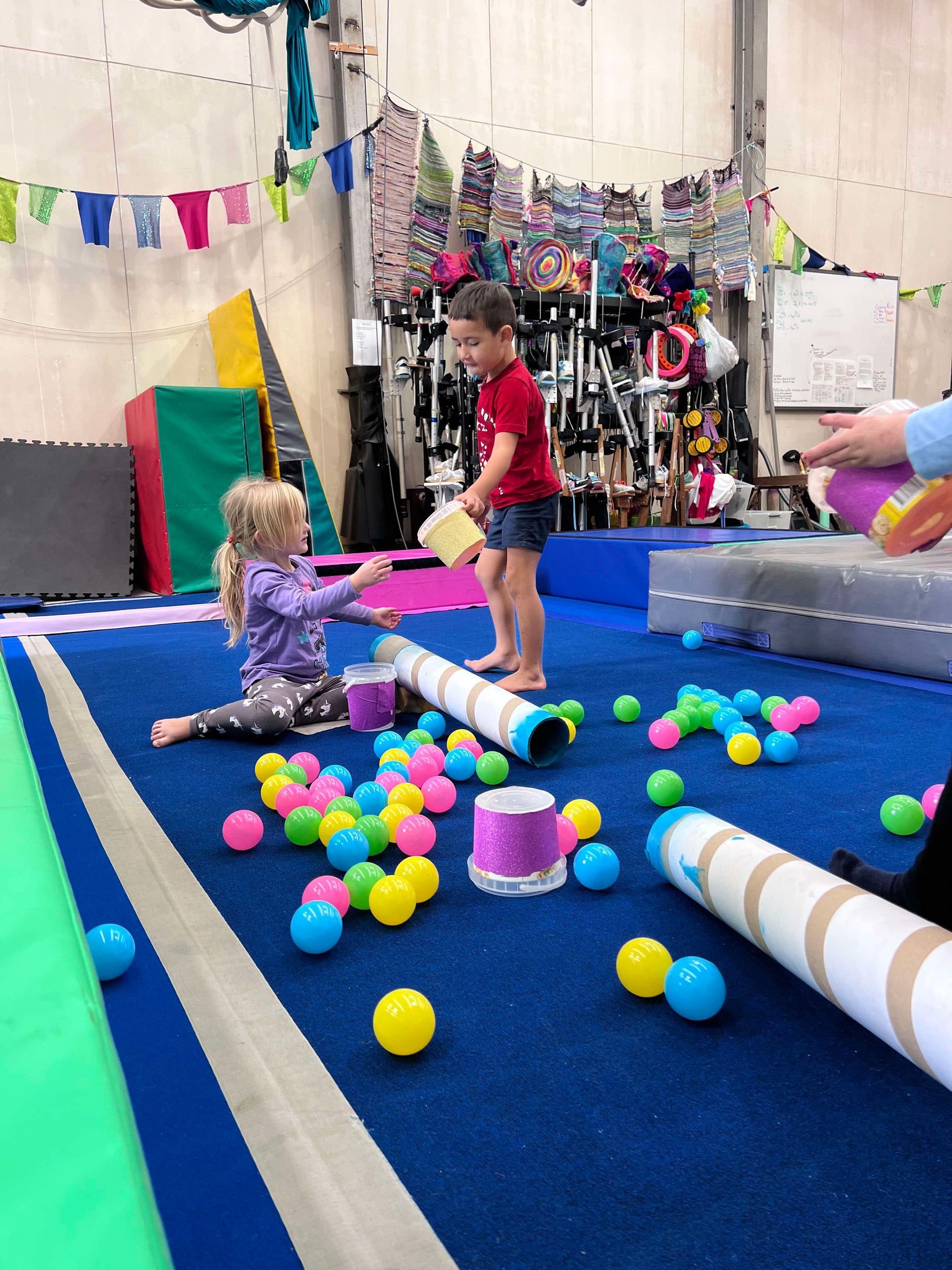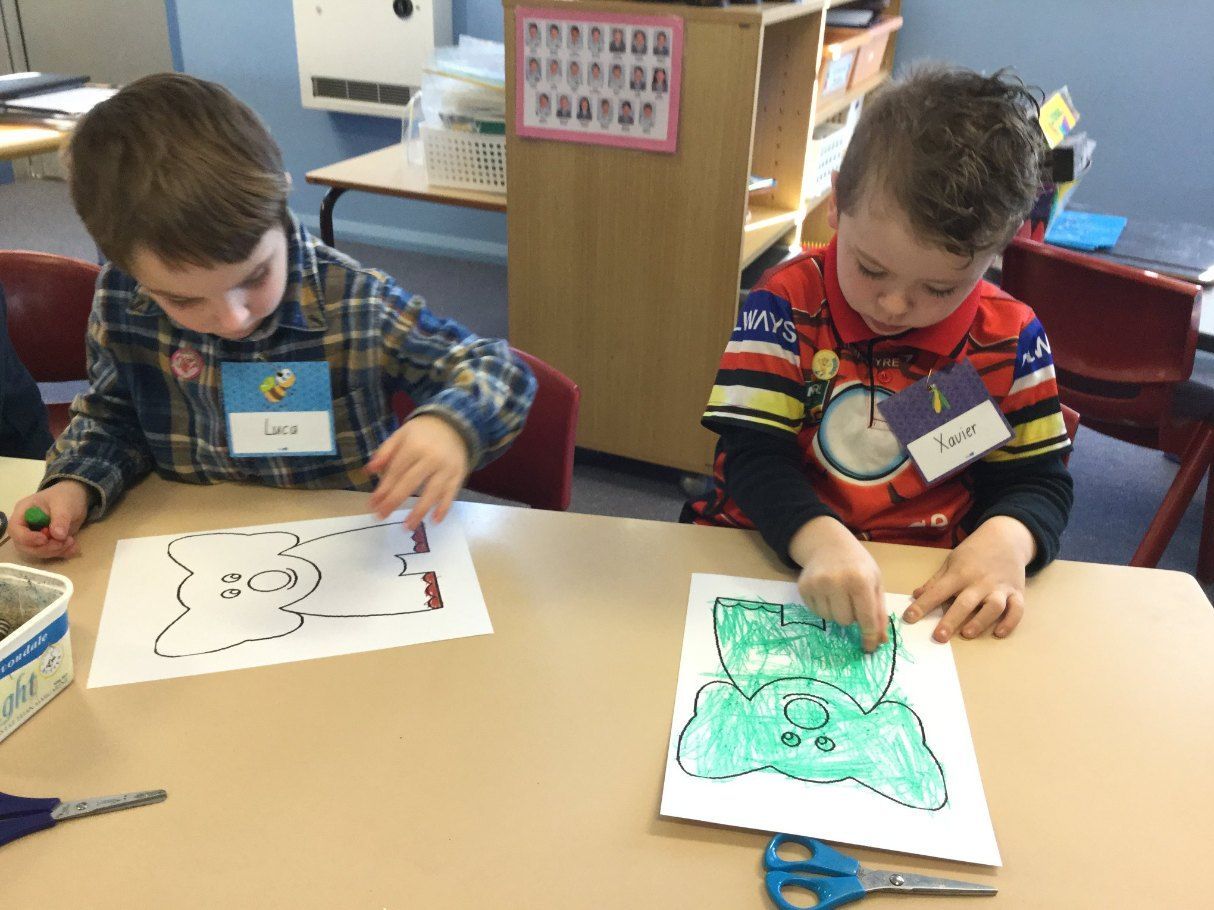School Readiness Program in Taree
Caring, qualified educators
Safe, family-style environment
Full-day care options
Taree School Readiness Program
Preparing children for school is about more than knowing the alphabet — it’s about building confidence, independence, and the skills to thrive. At Earth Angels Child Care Centre in Tinonee, the school readiness program offers a thoughtful balance of play-based learning, swimming, and routine, helping children develop socially, emotionally, and cognitively.
The focus is on real-life skills: following instructions, problem-solving, communicating effectively, and learning how to self-regulate, all taught by qualified educators who understand how children learn best.
To find out more, contact (02) 6553 1424 and speak with the friendly team.
Providing Comprehensive Childcare Services Since 2013
Before & After School Care
Early Childhood Animal Education
Nutritious Meals
School Readiness Programs
Our School Readiness program is designed to give children the confidence, skills, and independence they need for a smooth transition to primary school. Loosely based on play-based learning and real-life experiences, children develop essential social, emotional, and academic skills in engaging, hands-on ways. We maintain close relationships with Tinonee Primary School, inviting children to participate in community events such as NAIDOC Week, Book Week, and other school celebrations. Throughout the year, we work closely with kindergarten teachers to support orientation and ensure each child feels prepared, connected, and excited for their next step in learning.
Environmental Education
Our purpose-built paddock play environment is designed to immerse children in the wonder of nature. Set on 5 acres in the beautiful Mid North Coast, it offers endless opportunities for exploration, creativity, and discovery. Children engage in rich, hands-on nature play, tending to our vegetable garden and learning about growing their own food, as well as participating in our local share cart, where families and the community contribute fresh produce to share. This environment helps build confidence, resilience, and a deep connection with the natural world — all while having fun in a safe, open, and inspiring outdoor space.
Cultural Awareness
Inclusive education helps children recognise, respect, and celebrate differences. Through stories, language, food, music, and educator-led discussions, children are introduced to a range of cultures and traditions.
This helps them develop an understanding of their own identity while building empathy for others in a diverse and connected world. Activities are designed to promote inclusion, encourage thoughtful questions, and create a sense of global citizenship in even the youngest learners.
Community Excursions
Local excursions help children understand the world around them. Whether visiting a library, supermarket, or aged care home, these outings provide real-life learning opportunities that build confidence and communication skills.
They also foster strong ties between the centre and the wider community, giving children a sense of belonging. Excursions offer rich, sensory experiences and help children make meaningful connections between what they learn inside and what they see outside.
Creative Art
Art experiences are woven into the daily program as a tool for self-expression, communication, and cognitive development. Children use a variety of materials and techniques to explore texture, colour, and form. There’s no pressure for perfection, only encouragement to imagine, experiment, and enjoy the creative process. Art also supports storytelling, language development, and emotional resilience, helping children to process experiences and express their inner world in unique and creative ways.
What is a school readiness program and why is it important?
A school readiness program helps children aged three to five build the foundational skills they need for a smooth transition into primary school. These include social skills, independence, emotional regulation, early literacy and numeracy, and the ability to follow instructions in a group setting. The program also familiarises children with routines similar to those in a school environment. These experiences increase confidence, reduce anxiety, and set children up for a positive start to formal learning.
How are educational programs in childcare centres planned?
Educational programs in early childhood centres are planned in line with the Early Years Learning Framework (EYLF), which outlines key learning outcomes such as identity, wellbeing, communication, and connectedness. Educators use intentional teaching, observations, and play-based experiences to plan activities that are responsive to each child’s interests and developmental needs. Programs often integrate literacy, numeracy, science, the arts, and physical development in creative, age-appropriate ways.
Do early learning centres teach science and environmental education?
Yes, many early learning centres include science and environmental education as part of their curriculum. This might involve activities like planting seeds, learning about weather, exploring water cycles, or observing insects. These experiences promote inquiry-based learning, critical thinking, and a respect for the natural world. Environmental education also introduces children to sustainability practices like recycling, composting, and energy conservation from an early age.
